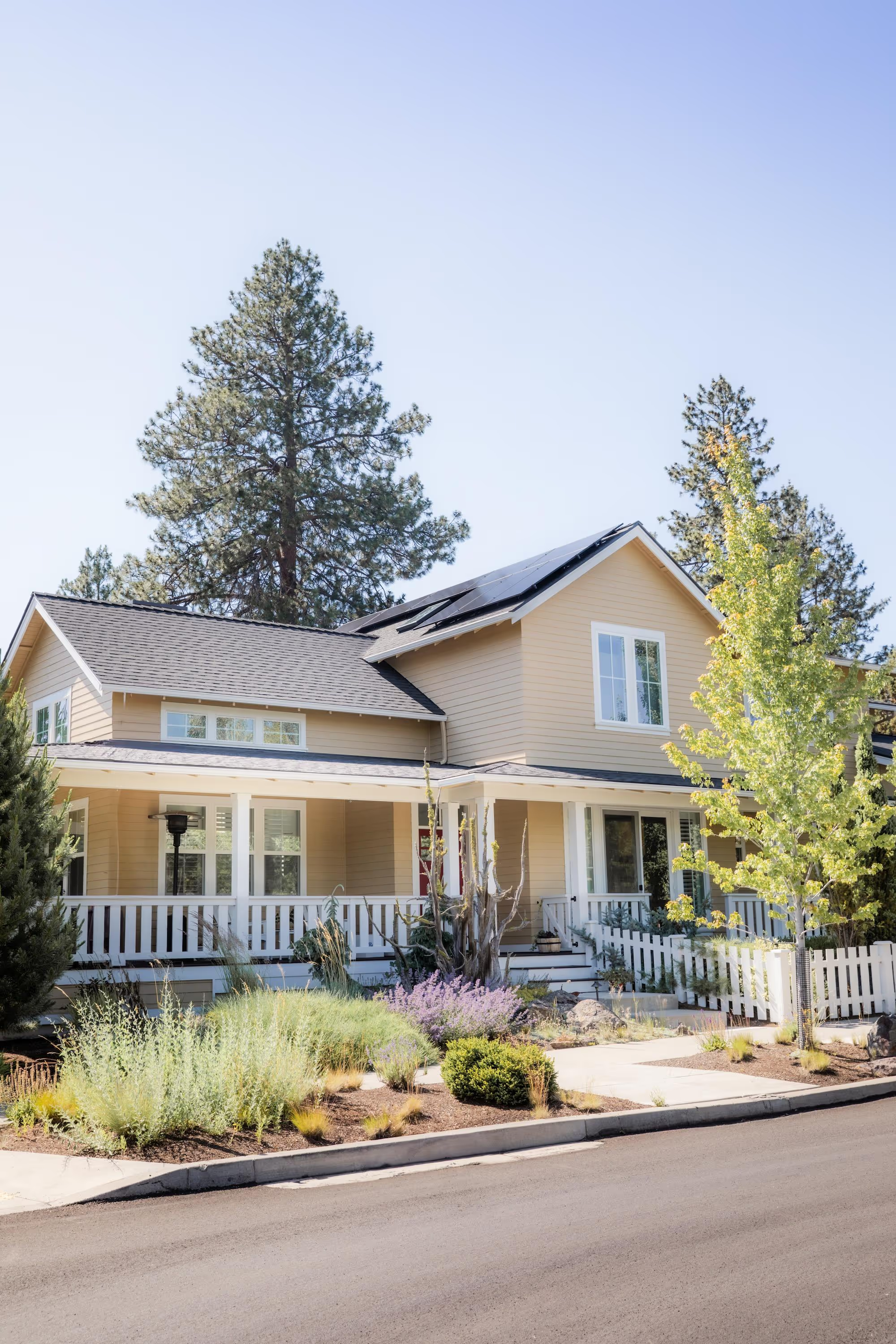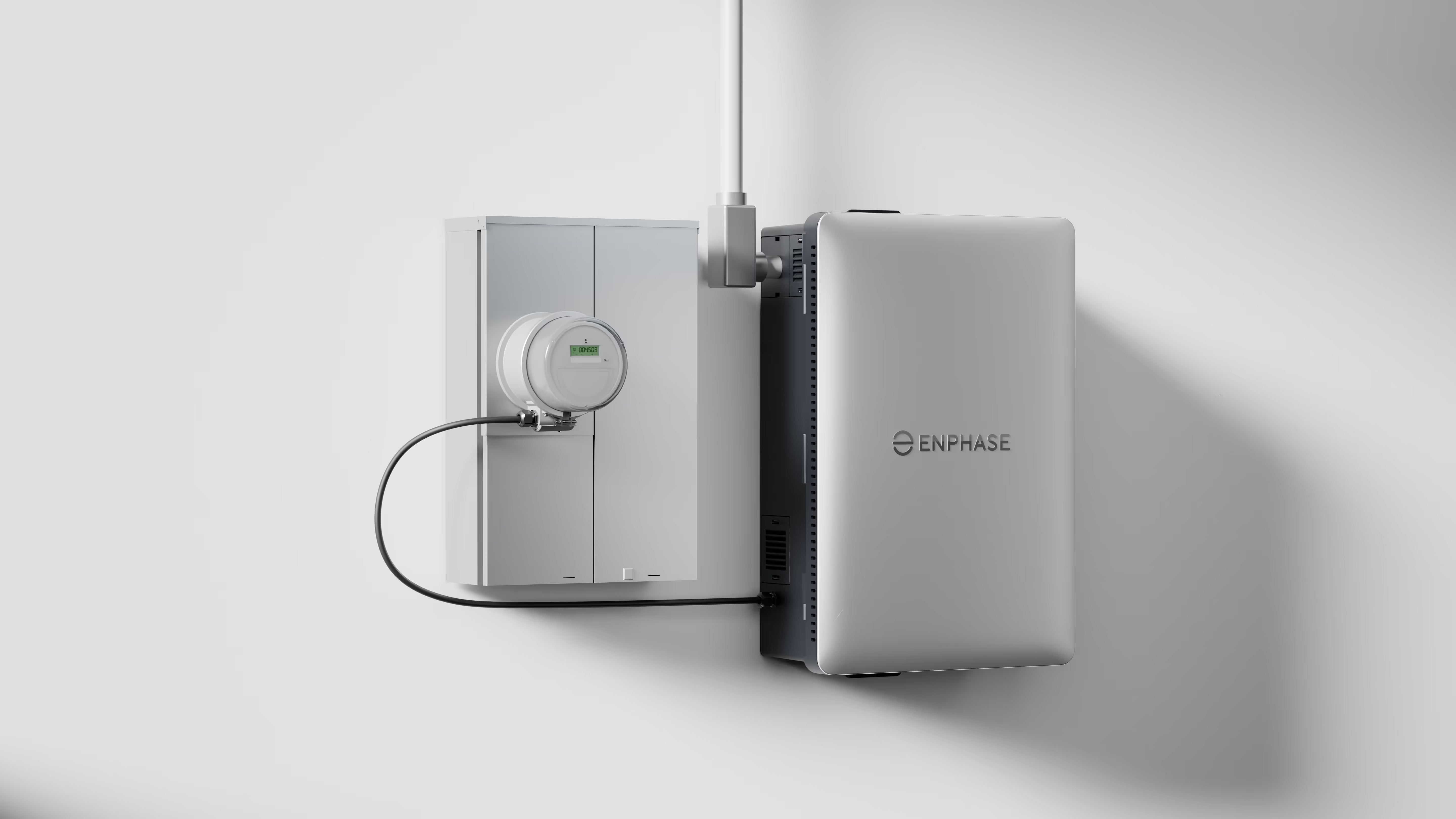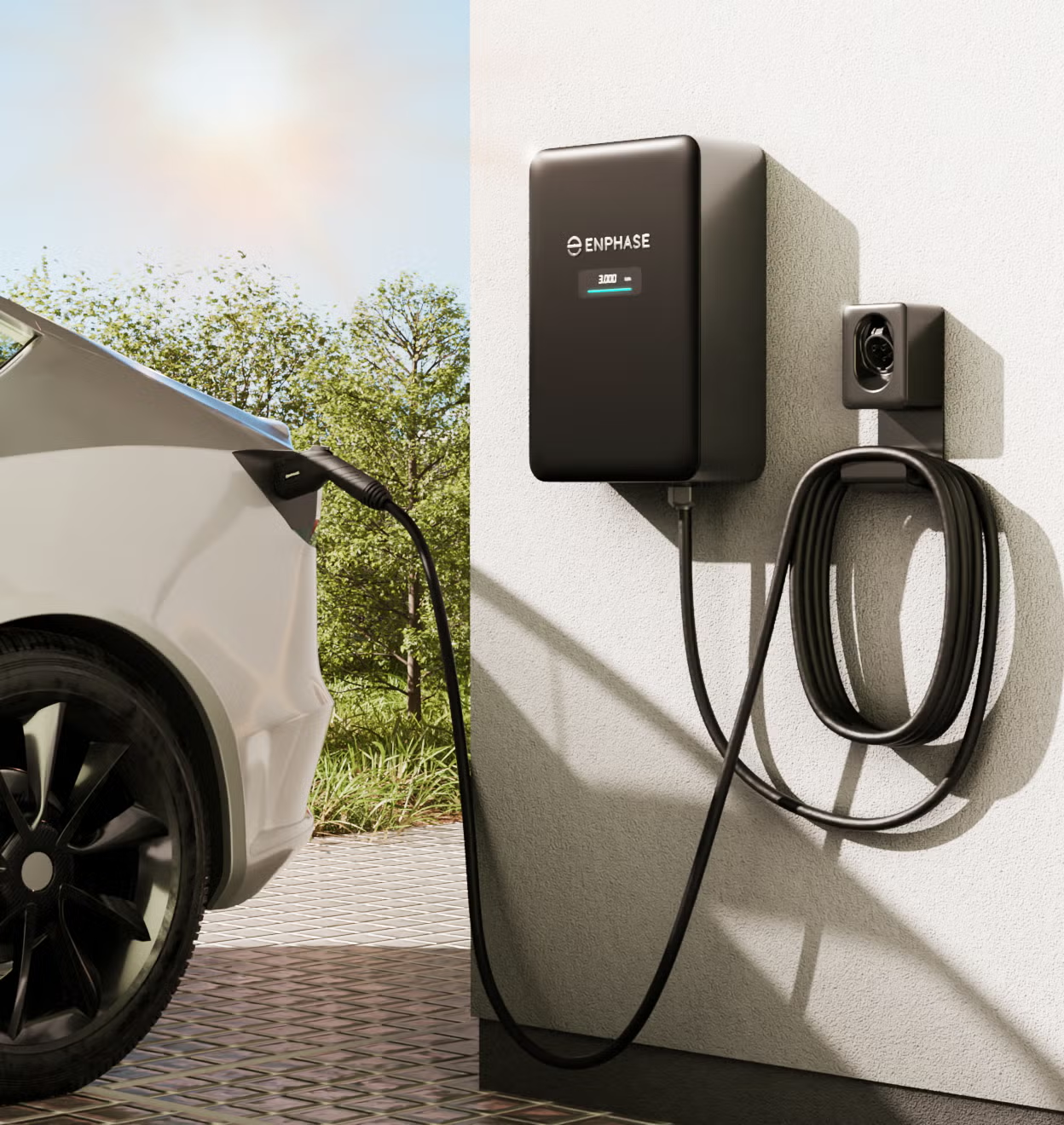Do Solar Panels Work In Cold Weather?

Harnessing Solar Power in All Seasons: The Science Explained
Solar panels are marvels of technology, efficiently converting sunlight into electricity, even in the chill of winter. This is because they utilize the light from the sun, rather than its heat. Interestingly, colder climates often enhance solar panel efficiency due to lower electron energy at rest, which increases when activated by sunlight.
The way solar panels work is quite fascinating. Sunlight contains photon particles, and when these photons strike the photovoltaic cells in a solar panel, they energize electrons within the silicon. This action generates an electric current that's directed to power homes. Additionally, solar batteries play a crucial role in storing this energy, ensuring that solar power is available even at night or during high demand periods.
Despite popular belief, solar panels are less about temperature and more about light. Even on cloudy or rainy days, they continue to function, capturing diffuse or indirect sunlight. This capability is particularly useful in varied climates like the Pacific Northwest or regions with distinct rainy seasons. Moreover, snowfall, while potentially reducing efficiency temporarily, can also contribute positively by reflecting additional sunlight onto panels, enhancing electricity generation.
Across the entire state of Oregon, solar panels have proven their effectiveness. They are a reliable source of energy, even in extreme weather conditions. With the added benefit of solar battery storage, they offer a sustainable solution to power through winter storms and potential power outages, making them an invaluable investment for homes in any climate.
Remember, embracing solar energy isn't just about location; it's about harnessing the power of the sun efficiently and effectively, regardless of the weather. Here are some common questions answered about solar panel installation and efficiency in colder climates.
Do solar panels work efficiently in cold weather?
Absolutely! Solar panels are designed to absorb sunlight, not heat. This means they can operate effectively even in cold climates. The lower temperature can actually improve their efficiency, as electrons in the solar cells move more actively when exposed to sunlight in cooler conditions.
Can solar panels generate power on rainy or cloudy days?
Yes, they can. While solar panels are most efficient in direct sunlight, they can still harness energy from diffuse or indirect sunlight on overcast days. Rain can also be beneficial as it helps clean the panels, maintaining their efficiency.
What about snow? Do solar panels work under snowy conditions?
Solar panels can still function with snow coverage. The panels are typically installed at an angle, which helps the snow slide off. Additionally, the reflected light from the snow can sometimes increase solar panel efficiency, however if the panels are at a low angle or remain completely covered production will be reduced. Once snow melts, solar efficiency will be back to it's normal state.
Are solar panels a viable option in Oregon?
Definitely. Oregon has significant solar panel installation options and efficiency available, proving that solar energy is a practical choice regardless of the variable climates from the coast of Oregon, to the Central Oregon high desert like Bend, and Terrebonne.
If you are looking for a reputable solar energy company in Oregon, contact National Solar for solar installation for your home or property.
Calculate your potential energy cost without solar
| 5 Year Cost | |
| 10 Year Cost | |
| 15 Year Cost | |
| 20 Year Cost | |
| 30 Year Cost |
All-in-one energy solutions
Every project includes design, permitting, installation, and support from our award winning installation team.

Solar Panel Installation
Custom-designed rooftop solar systems that slash your electric bill.

Battery Storage
Store your daytime solar power for nighttime usage or power outages.

Ground Mounts
Ideal for properties without good roof access. Same savings, more flexibility.

EV Chargers
Power your electric vehicle at home for less, powered by your solar system.
